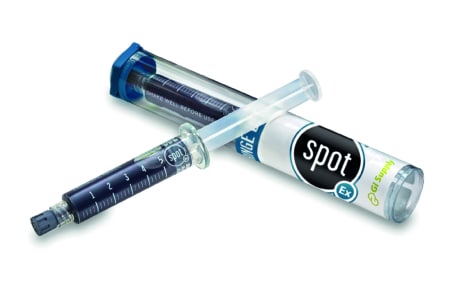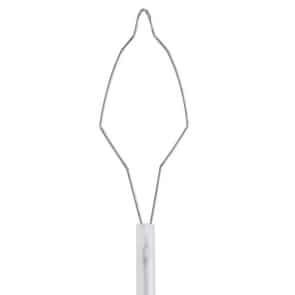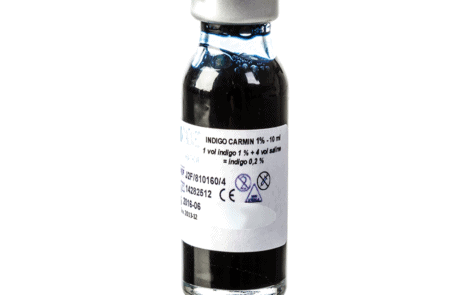In August last year, England and Wales announced the age reduction for the bowel cancer screening programme; from 60 – 50! This was following a recommendation from the UK National Screening Committee. The announcement was made following numerous studies which exhibited an increased percentage of bowel cancer cases in adults under 50, over the latest 10-year period.
Studies on bowel cancer:
One study, published in the Lancet Gastroenterology and Hepatology journal[1],reviewed colorectal cancer rates in developed countries such as the UK, Australia, Canada and Norway. – The study highlighted that from 2004 to 2014 there were substantial increases, with the incidence of colon cancer rising by an average of 1.8% and similarly rectal cancer rising by 1.4% each year, for those in the UK. While also identifying an increase among those aged 30-39 for both colon and rectal cancer, highlighting that the younger population born in the UK are at higher risk of developing bowel cancer than older generations.
Another study from 1990 to 2016, published in the journal Gut[2], discovered among 20 to 29-year-olds, bowel cancer rose from 0.8 to 2.3 cases per 100,000. While the sharpest rise was between 2004 and 2016 at an average of 7.9% per year. Concluding that the number of young people diagnosed with bowel cancer increased at a steeper rate after 2004. Between ages 40 and 49, bowel cancer rates were reduced by 0.8% in the time-period: 1990 to 2004, however increased, on average, 1.6% per year from 2004 to 2016.
The writers of the study mentioned several varying factors may be behind the data trends, such as the rise in obesity and similarly lifestyle factors like lack of physical activity, alcohol intake and smoking. It was concluded ‘too early’ to utilise the established findings in support of lowering the bowel cancer screening age to 45, however if the data pattern continues the guidelines for screening may need to be reconsidered.
News:
At the time many took to social media to share their relieved and enthused thoughts, BBC newsreader George Alagiah, who was receiving bowel cancer treatment for the second time, stated it was “about time”. While the former health secretary Andrew Lansley echoed Mr. Alagiah calls, urging the government to be “in line with international best practice”.
In England the FIT (faecal immunochemical test) – a bowel cancer screening test – was rolled out to the current eligible population last autumn, which is a great step towards increasing bowel cancer detection rates in the early stages; helping to save lives! Wales rolled-out the FIT in January of this year and in Scotland the test is already being used, from age 50.
When the news was announced in August, Deborah Alsina MBE, Chief Executive of Bowel Cancer UK, said: “We want to see every eligible person in the UK have access to the most effective screening methods. Today’s recommendation to offer FIT from the age of 50 every two years, with the ambition to increase the sensitivity of the test over time to 20 ug/g, is a significant step towards achieving this. We have campaigned strongly for the screening age to be lowered to 50, in line with Scotland and the rest of the world, for some time now, so we are delighted to see this has been recommended in England and Wales.” [3]
The recent news of the Sir Bobby Robson Foundation helping to fund the COLO-SPEED project; seeking to boost research into the disease, will only be of benefit for backing up last years announced plans, encouraging the roll out of the reduced screening age. Professor Colin Rees, Professor of Gastroenterology at Newcastle University and South Tyneside and Sunderland NHS Foundation Trust, mentioned “We want to see research that used to take years happening within months. And to make sure it becomes of benefit to patients quickly. Essentially COLO-SPEED will provide the structure to deliver new research projects far faster than we currently can. And we’ll do that with help from clinicians in regional endoscopy units and support from patients across the region.”[4]
With all this being said, we are looking forward to seeing the NHS put into practice their long-term plan and investing where the data says!
Bowel Cancer and screening procedures:
If you want to understand more about Bowel Cancer and the screening procedures, visit the below sites for more information:
Or watch Cancer Research UK’s video on how to use the at home FIT test!
Products used:
Our market leading portfolio assists in bowel scope screening procedures, to name a few products Spot® Ex, Snares and Roth Net® Retrieval Devices.
For further information on products used in diagnosis and management of bowel cancer cases, view the following pages: Indigo Carmine and colorectal metal stents.
“Colon cancer rising by an average of 1.8% and similarly rectal cancer rising by 1.4% each year, for those in the UK.”
“We want to see every eligible person in the UK have access to the most effective screening methods. Today’s recommendation to offer FIT from the age of 50 every two years, with the ambition to increase the sensitivity of the test over time to 20 ug/g, is a significant step towards achieving this.”
“Discovered among 20 to 29-year-olds, bowel cancer rose from 0.8 to 2.3 cases per 100,000. While the sharpest rise was between 2004 and 2016 at an average of 7.9% per year.”
“We want to see research that used to take years happening within months. And to make sure it becomes of benefit to patients quickly. Essentially COLO-SPEED will provide the structure to deliver new research projects far faster than we currently can. And we’ll do that with help from clinicians in regional endoscopy units and support from patients across the region.”





